Perspectives On Supersymmetry Ii
Supersymmetry is at an exciting stage of development. It extends the Standard Model of particle physics into a more powerful theory that both explains more and allows more questions to be addressed. Most importantly, it opens a window for studying and testing fundamental theories at the Planck scale. Experimentally we are finally entering the intensity and energy and sensitivity regions where superpartners and supersymmetric dark matter candidates are likely to be detected, and then studied. There has been progress in understanding the remarkable physics implications of supersymmetry, including the derivation of the Higgs mechanism, the unification of the Standard Model forces, cosmological connections such as a candidate for the cold dark matter of the universe and consequences for understanding the cosmological history of the universe, and more.This volume begins with an excellent pedagogical introduction to the physics and methods and formalism of supersymmetry which is accessible to anyone with a basic knowledge of the Standard Model of particle physics. Next is an overview of open questions, followed by chapters on topics such as how to detect superpartners and tools for studying them, the current limits on superpartner masses as we enter the LHC era, the lightest superpartner as a dark matter candidate in thermal and non-thermal cosmological histories, and associated Z' physics. Most chapters have been extended and updated from the earlier edition and some are new.This superb book will allow interested physicists to understand the coming experimental and theoretical progress in supersymmetry and the implications of discoveries of superpartners, and will also help students and workers to quickly learn new aspects of supersymmetry they want to pursue.
{{comment.content}}
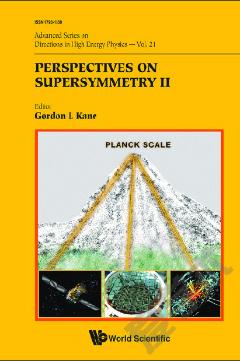
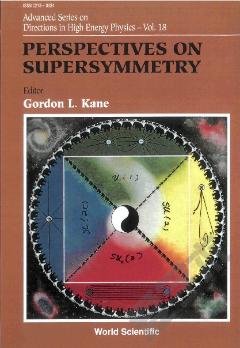
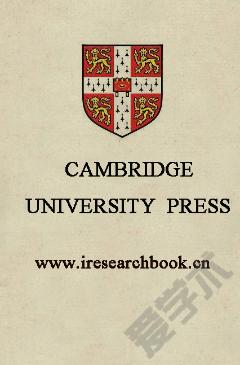
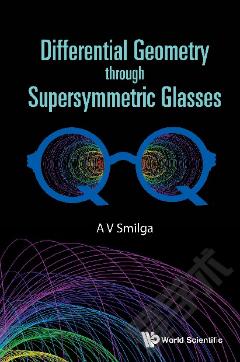
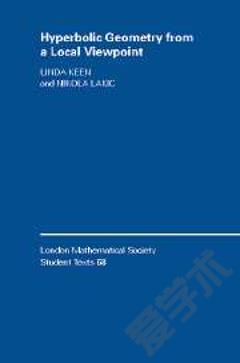
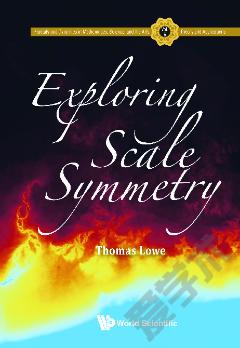


 京公网安备 11010802027623号
京公网安备 11010802027623号